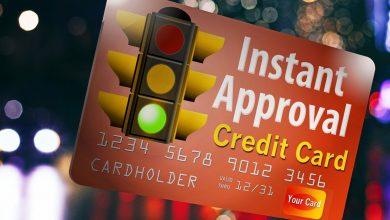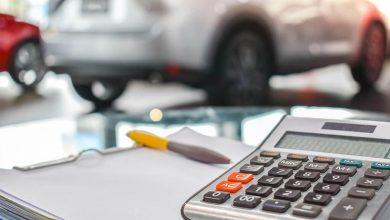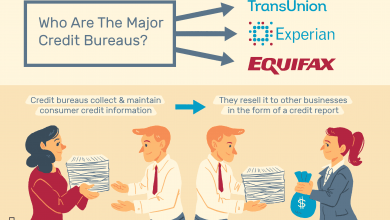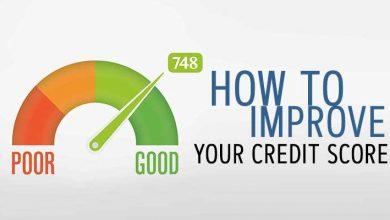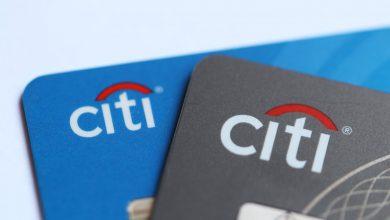Filling Out Credit Card Applications and How to Get Approved
How to Apply for a Credit Card So You'll Get Approved
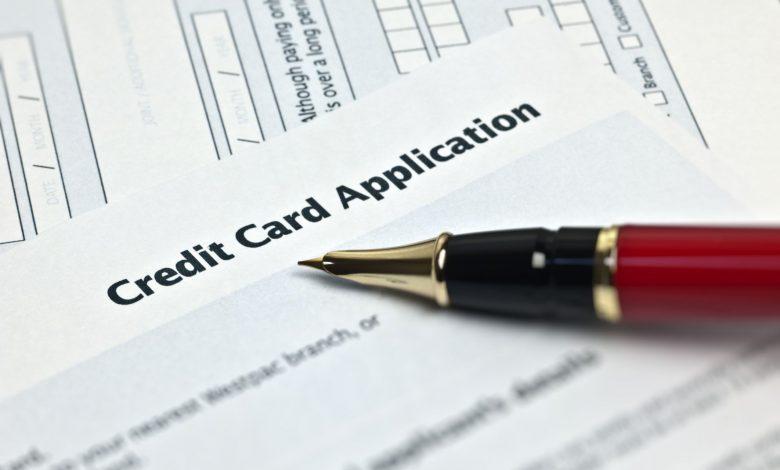
Credit cards are something everyone should consider owning because they offer a lot of opportunities when used right. What credit cards can do is allow you to pay bills when they’re due and then pay the credit card bill later when you get your paycheck, which can be convenient when you have to wait a week or two between paydays. Credit cards can even be safer to use than cash or debit cards which can get stolen and usually don’t have losses recovered. Looking to apply for a credit card? There are a few things to take into consideration that will make the application process easier. Below are listed a few facts you should know when applying for credit cards. Whether online or on paper, there are pieces of information and documentation that each applicant must present.
What Are The Things I Will Need When Applying For Credit Cards?
Each credit card company will have an income eligibility threshold that the applicant must meet or exceed when requesting a credit card. Depending on the card issuer will determine what is that specified amount. Some companies would like the applicant to have a specified amount that will justify the issuing of a line of credit. This is the case if the requested card is a secured card or an unsecured card. Having sufficient income will validate the request for credit. After all, credit cards will have required payments to be made and the applicant must have enough money on a monthly basis to make such payments.
Choosing The Right Card
Before you apply for a credit card, you’re going to have to know what you’re going to use it for and do a little homework on comparing different cards. Credit cards are designed for different people with different needs and different objectives. For example, there are credit cards for young adults who have no credit history and are starting life on their own; cards for more established people who like to travel frequently or buy more expensive items, and also credit cards for those who are dealing with bad credit who need to rebuild it. Each type of card will have its own application requirements that come with it. Credit cards can have security mechanisms built in to alert and freeze transactions on them if physical theft or identity theft is suspected. But most importantly, credit cards help you build credit history and can help you get future loans such as car financing or a home mortgage for which you’ll need good credit.
Applying For Secured Or Unsecured Cards
Also of note here is choosing a secured or unsecured card. Basically, unsecured credit cards are the normal credit cards that you just simply apply for and get accepted for on the basis of your credit score and income. Secured credit cards are cards that are usually used by people with bad or no credit history and require the borrower to put down a deposit which is meant to cover the lender in case the borrower defaults, and this is usually also the amount the borrower has on their credit line. Sometimes a secured card has no credit check involved, but you’ll usually still have to meet other basic requirements.
Social Security Number And Physical Address
The first thing you’ll fill out is your personal information which also usually includes a social security number. This number is used to verify your identity and check your score. You will also have to have a physical address because you cannot by law use PO boxes for credit cards, though some may allow you an option to have correspondence sent there if it’s more convenient.
Employment And Income
You should also know what your monthly and annual income are, and in some cases, the card issuer will ask you for your employer’s contact information to verify that you have good income and can make payments on your credit card bills. Most card issuers don’t have a specific income range listed on their front page, but you might get that answer if you call them directly. Others may be more flexible in terms of your monthly salary. In some cases, you’ll be required to have an active checking account for card approval. But even if you’re not, it’s still highly recommended because this can make bill payments much easier and even allow you to set up automatic withdrawals so you don’t miss a payment. On top of that, most credit cards probably will only accept checks anyway if you pay by mail.
Proof Of Employment
One of the first items the applicant should have is proof of employment. This can be in the form of a pay stub or any other employment verification document. Proof of employment is necessary to ensure that the applicant has a steady flow of income to cover any credit card payments to be made. Proof of employment is very vital and the applicant would do well to have at least one or more pay stubs available to present with the credit card application.
Applying In A Bank
If the credit card application is being applied for in a traditional bank or any other financial institution, the pay stub should be taken with the applicant to show at the time of the request. Some applicants have changed employment and this may be a problem in the event the applicant is just starting out on a job. There is a different length of time that substantiate stable employment. Some credit card institutions may require 6 months of employment while others may require a year or two. Having employment documentation and verification is one important item to have.
Residence Verification
When looking at a few facts you should know when applying for credit cards, there is one item that stands out to answer the question of, “What are the things I will need when applying for credit cards?” That answer is residence verification. Residence verification comes in the form of having a utility bill that shows the applicant’s address on it. This is often the case because some applicants may not have a stable address while requesting a line of credit. Residence verification is vital because credit card statements are sent to that address, but it also substantiates the applicant’s presence at the address listed on the credit card application.
Keep It Simple
It is not a good thing to put one address on the credit card application and have another address on a utility bill. All addresses must add up when applying for a credit card. There will be a residence verification done at the time the line of credit is requested. Along with the verification of residence comes the length of time at the specified residence. Most institutions want the applicant to reside at the home for at least 2 years prior. In the event the applicant has not resided At the address for 2 years then a prior address will be requested as well. Included in residence verification will be if the home is owned, rented, or there’s an existing mortgage.
Keep In Mind
Each applicant would do well to prepare themselves for the basic questions of the highest level of education obtained, marital status, nationality, email address, among other things. These are typically the standard questions when applying for a credit card that the applicant must provide.
Vehicle Ownership
vehicle ownership and proof of vehicle ownership are also required when applying for a credit card. In the event the applicant does not have a vehicle then this portion of the application does not apply; However, if there is a vehicle owned then the question must be answered of whether the vehicle is owned, leased/financed. This is requested because any financial obligations the applicant has must be made known to the credit issuing company. The vehicle purchase information must be presented at the time the application of credit is put in.
Self-Employed
For those credit card applicants that are self-employed, there are a few distinct questions that must be answered as well as documentation that must be presented. For starters, the company’s name, city, and state must be verified on the credit card application. This is usually substantiated by the Articles of Incorporation for the self-employed company or any type of IRS documents that prove the validity of the address stated. Also, the banking history of the business must be verified as well. This usually comes in the form of a business checking account.
Having A Business Checking Account
A business checking account will validate income on a monthly basis for the particular business that is stated. Self-employed individuals must have good accounting methods to keep track of their financials in the event proof is requested. Being able to verify these form of information about the self-employed business are crucial for receiving an approval for a line of credit. Most self-employed owners have an incorporation status of either a sole proprietorship, limited liability company, or an S corporation/ C corporation. Each designation has differences that are peculiar for each status. The applicant would do well to know what status they are filed under when applying for a line of credit.

